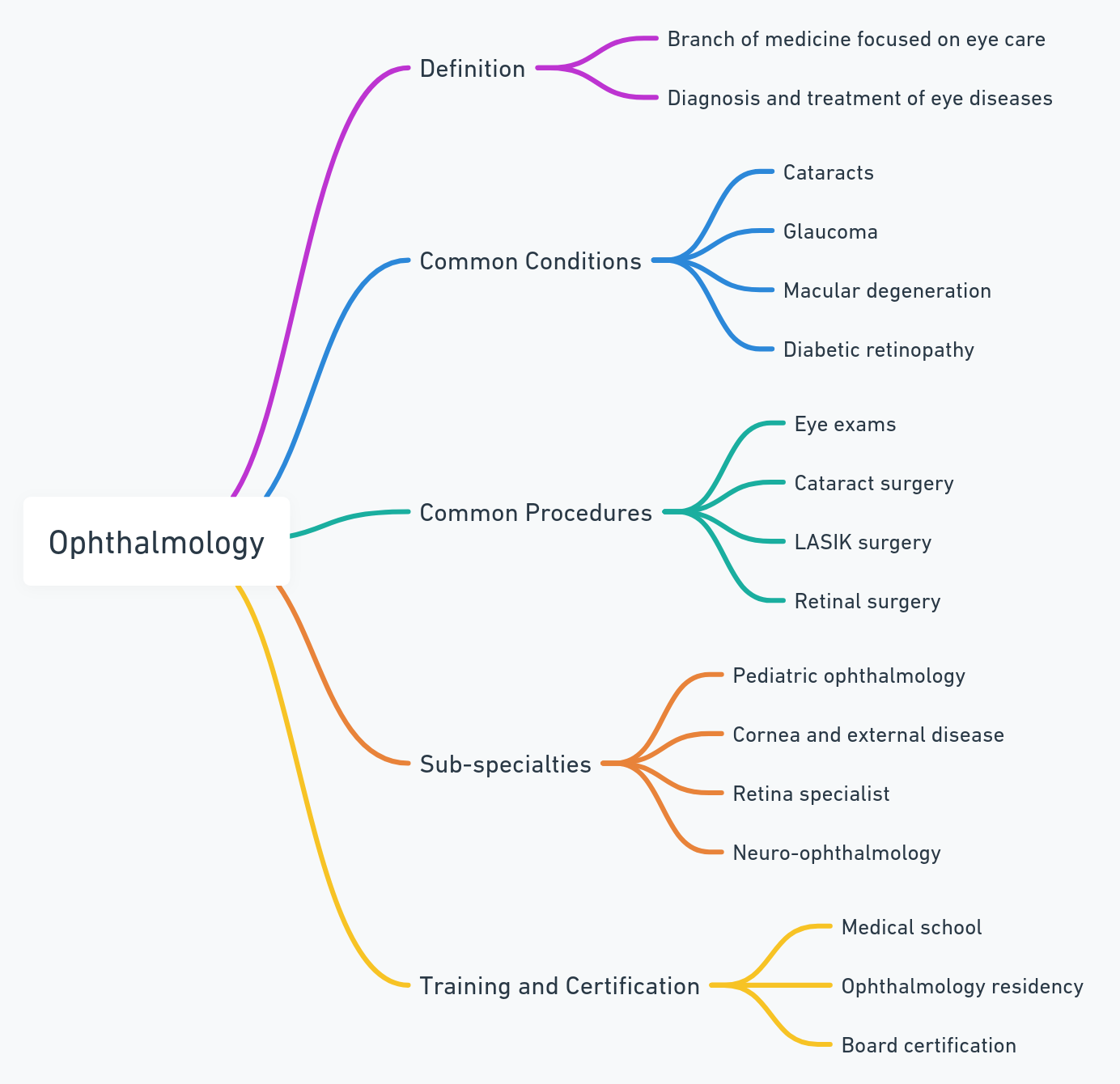When it comes to eye care and Medicare there’s a lot of confusion. Maybe you’ve heard that Medicare doesn’t cover your eye doctor visit or only helps if you need glasses. But the real question is – does Medicare actually cover ophthalmology services? Let’s break it down and make it simple.
What’s Ophthalmology Anyway?
Ophthalmology is all about keeping your eyes healthy. It’s not just about getting glasses – it’s about diagnosing and treating eye diseases like cataracts, glaucoma, and macular degeneration. Ophthalmologists are eye doctors who can do surgeries and handle more complex eye issues.
So Does Medicare Help with Ophthalmology?
Yes and no – let me explain!
Medicare Part B – which covers medical stuff – does help with some eye-related services. But it doesn’t cover everything. If you’re just getting your vision checked for glasses, Medicare won’t pay for that – unless you’ve got a condition like diabetes or glaucoma. That’s when Medicare jumps in.
Here’s what Medicare Part B does cover:
- Eye exams for diabetic retinopathy if you have diabetes
- Annual glaucoma screenings for those at high risk (like if you’ve got diabetes or a family history)
- Cataract surgery – and they’ll even pay for one pair of glasses or contact lenses afterward
- Treatment for macular degeneration (AMD)
- Eye disease treatments like for retinal detachment or corneal issues
What About Medicare Advantage Plans?
If you’ve got a Medicare Advantage plan (aka Part C) you might get some extra benefits. These plans come from private insurance companies and sometimes they cover things like routine eye exams – discounts on glasses or contacts – and even elective stuff like LASIK.
“Medicare Advantage plans can really save you money on eye care services that Original Medicare doesn’t cover” says Henry Beltran the owner of Medicare Advisors Insurance Group LLC. “It’s worth checking to see if one of these plans works for you.”
But What About Glasses or Contact Lenses?
Sadly Medicare doesn’t cover your routine vision stuff like glasses or contacts – unless it’s after cataract surgery. Yep – after cataract surgery they’ll pay for one pair of glasses or contacts. Just don’t expect anything too fancy unless you’re willing to pay extra!
Find Medicare Plans in 3 Easy Steps
We can help get up to $0 monthly premium Medicare plans
Downsides of Medicare’s Eye Care Coverage
While Medicare covers the important eye care stuff it doesn’t cover everything. Here are some drawbacks you might run into – with a little humor to soften the blow!
1. Routine Eye Exams Aren’t Covered
No luck getting help with standard eye exams for glasses or contacts. If things are starting to get fuzzy you’ll have to pay for that exam yourself.
But hey – maybe it’s not your eyes! Maybe that TV’s just got a bad picture!
2. Out-of-Pocket Costs Add Up
Medicare covers surgeries like cataracts but you’ve still got co-pays and deductibles. You might end up getting that bill and wonder if they replaced your lens with diamonds.
3. No Coverage for LASIK
If you thought Medicare would help you ditch those glasses with LASIK surgery – think again. LASIK is considered elective – so you’ll have to pay for that out of pocket. Looks like those glasses are staying on a bit longer!
How Can You Maximize Your Coverage?
So – Medicare isn’t perfect. But here are a few ways to make the most of what it does offer:
Check Your Medicare Advantage Plan
If you’ve got a Medicare Advantage plan look at what vision services it covers. Some plans offer routine eye exams and discounts on glasses. You could score a sweet deal on those new frames!
Stay on Top of Eye Health
If you’re at risk for glaucoma or you’ve got diabetes take advantage of the covered screenings. Catching eye problems early is a lot easier than fixing them later when everything looks like a blurry watercolor painting.
Consider Extra Vision Insurance
If you wear glasses or contacts regularly – think about getting extra vision insurance. “A supplemental vision plan can help with the cost of exams and glasses which can be expensive” says Henry Beltran.
Use Those Cataract Surgery Benefits
If you need cataract surgery – Medicare’s got you covered. They’ll even cover your first pair of glasses after surgery – so make sure to pick something you like. Hey – they’re free after all!
Find Medicare Plans in 3 Easy Steps
We can help get up to $0 monthly premium Medicare plans
Final Thoughts: Is Medicare’s Eye Care Coverage Enough?
Medicare’s great for essential eye care – especially for serious conditions like cataracts and glaucoma. But for routine stuff like eye exams and glasses you’re probably gonna have to pay out of pocket unless you’ve got a Medicare Advantage plan or extra vision insurance.
As Henry Beltran puts it: “Medicare is fantastic when it comes to critical eye issues – but for the everyday stuff it’s worth looking into additional coverage. You’ve got to find the right balance between your health and your wallet.”
FAQs
Q: Does Medicare cover glasses?
A: Only after cataract surgery – routine glasses aren’t covered.
Q: Will Medicare pay for an eye exam if I have diabetes?
A: Yes! Medicare covers an annual eye exam for diabetic retinopathy if you’ve got diabetes.
Q: Can I get LASIK with Medicare?
A: Nope! LASIK is considered elective so you’ll be footing the bill.






